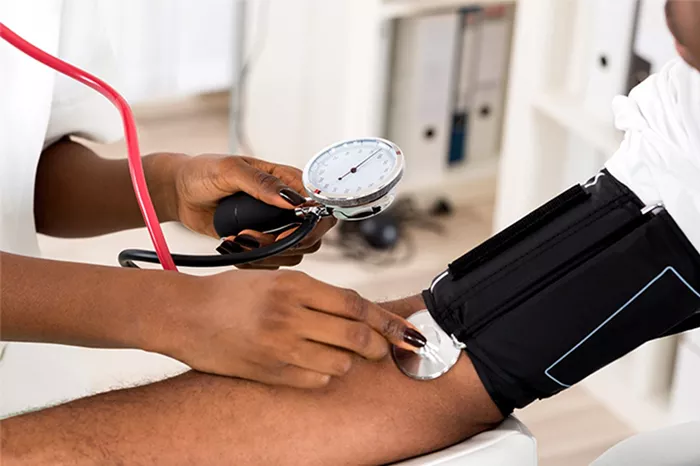Men are more likely than women to suffer from three common diseases-hypertension, diabetes, and HIV/AIDS-and are less likely to seek medical care, according to a major international study published in the journal PLOS Medicine.
This health gap contributes to men’s shorter life expectancy worldwide. In the United States, for example, men live on average 74.8 years, while women live 80.2 years, according to the Centers for Disease Control and Prevention (CDC).
Study Highlights Men’s Health Challenges
Researchers analyzed health data from 204 countries, comparing disease rates, diagnosis, treatment, and mortality between men and women. They found that men have higher rates of illness and death from these diseases in many countries. For instance:
In 56% of countries studied, HIV prevalence was significantly higher in men than women.
Men were more likely to die from AIDS in 64% of countries.
Hypertension death rates were higher for men in over half the countries, despite similar rates of high blood pressure between sexes.
Diabetes mortality was significantly higher for men in nearly half of the countries analyzed.
Why Are Men More at Risk?
One major factor is that men are less likely to seek medical care or follow treatment plans. The CDC reports men are 50% less likely than women to visit a doctor regularly.
A survey by the Cleveland Clinic found that 65% of men delay medical care because they are too busy, believe symptoms will improve on their own, or worry that seeking help makes them appear weak.
Social and cultural expectations about masculinity often discourage men from admitting health problems or asking for help. Men also tend to have higher smoking rates, which increase risks for heart disease and other illnesses. The study’s authors emphasize that these differences are shaped more by gender roles than biology alone.
Calls for Gender-Specific Health Care
Co-authors Kent Buse and Sarah Hawkes stress the need for gender-responsive health policies. They argue that understanding how men’s health behaviors and risks differ from women’s is essential for reducing health inequities. They also raise questions about whether clinical guidelines should be tailored specifically for men, especially given their higher mortality rates from diseases like diabetes.
“The absence of gender-responsive policies results in inequities from risk exposure to care gaps,” the authors wrote. “Acknowledging and addressing the unique health needs of men, women, and gender-diverse people is critical to improving health for all.”
What Can Be Done?
Experts suggest that public health efforts should focus on encouraging men to seek care earlier and stick to treatments. Raising awareness about disease symptoms and the importance of prevention is also vital. Community programs, workplace health initiatives, and virtual care options can help overcome barriers men face in accessing healthcare.
Men are urged to prioritize regular check-ups, adopt healthier lifestyles, and speak openly about mental and physical health. Breaking down stigma around seeking help can save lives and help close the life expectancy gap between men and women.
Related topics:
- Men’s Health: Key Facts & Simple Steps To Live Better
- Top 6 Overall Supplement For Men’s Health
- 7 Best Dietary Supplement For Men’s Health


